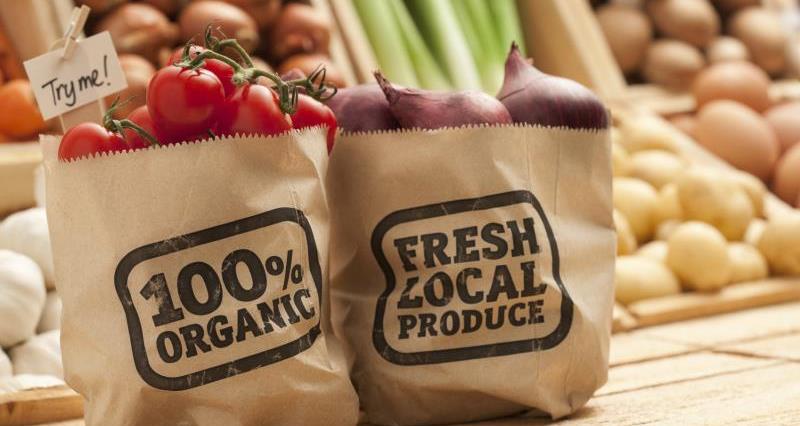The Organic market is continuing to see healthy growth. In the 52 weeks up to 26 December 2021, the total organic market holds a value of £1.4 billion.
This was up by 1.4% in 2020 and up 15.9% in 2019, with shoppers buying in bulk being a significant driver of this growth.
The wider grocery market has faced increased prices in the last year, which is driven by factors such as inflation; however, this is not reflected in organic.
Average prices of organic products were down 2.2% when compared to 2020.
Consumer behaviours
Sustainability is rising up the agenda. Consumers are becoming increasingly conscious of the impacts their buying habits have on the wider environment. There is an opportunity for the organic market to create a competitive advantage through sustainability.
A key opportunity in the market is the eco-active shopper. The category choices of an eco-active strongly align with those of an organic shopper.
Eco-actives are highly concerned with the environment and are taking many actions to reduce their impact. They tend to be older shoppers who are retired and living in two-person households without kids. Additionally, they are likely to be of higher social class and living in the south or London.
If the increasing importance of sustainability continues and the number eco-actives grows at the same rate as in the past two years, 62% of the GB population will be an eco-active by 2030.
Demographics in the organic market
The retired demographic has been key to organic growth, with the group regularly seeing the highest participation of spend. The retired are core shoppers in the organic market, achieving a year-on-year spending growth of 4%.
They have the highest frequency in the market, but lower spend per trip, showing their shopping pattern little and often.
The demographics to target in the future include the older family and dependents. These demographics have seen the lowest participation across the market but have an opportunity worth £51.1 million.
Online and supermarket channels
Two main channels show promise for the future growth of the organic market. Online and supermarket channels made up the biggest percentage share of total organic spending in 2021, with supermarkets making 57.2% and online making up 21.5%.
The online channel particularly drove year-on-year growth due to the average spend being much higher when compared to the other channels.
The top 5 retailers now dominate the market, accounting for 77.1% of spending growth.
However, the discounters are the channel that organic underperforms in. Despite seeing strong growth in 2020, spending has started to drop back.
Successful organic categories
Dairy products and fresh produce made up the largest share of the organic market, with dairy having a 30.8% spend share and fresh produce having a 2.9% spend share.
Both of these categories have seen consistent growth over the last five years, and this growth is expected to continue.
Organic key proteins are a category to watch, outperforming the wider market and growing by over 8% in 2021.
Fresh meat is starting to gain more attraction in organics, adding over £3 million to the market each year.
Fresh beef and lamb are overtrading in organics versus the wider protein market. However, this trend is not replicated in fresh pork.
Overall, it is positive to see strong growth for the organic market in 2021, during a year that faced a number of industry challenges. The NFU will continue to monitor these market trends throughout 2022.
This data was collected by Kantar for the Organic Trade Board.
